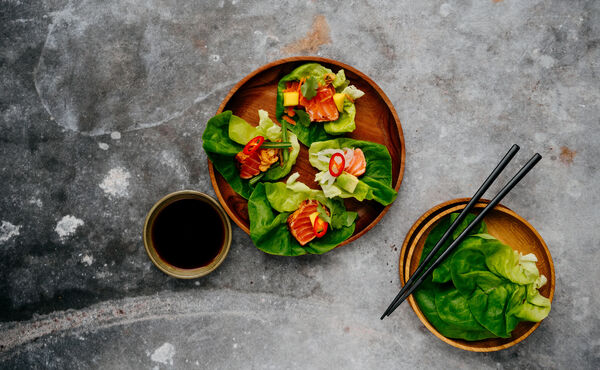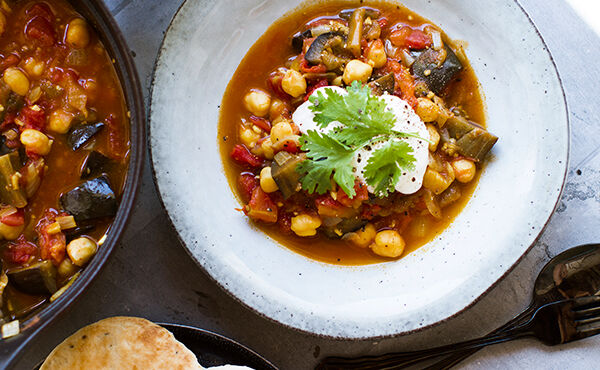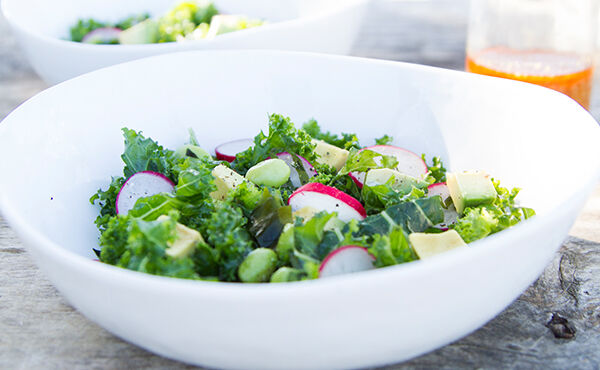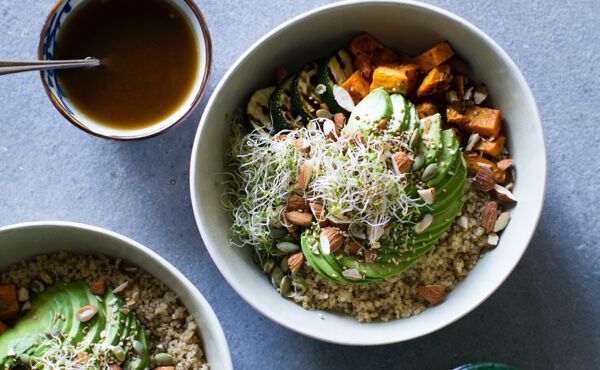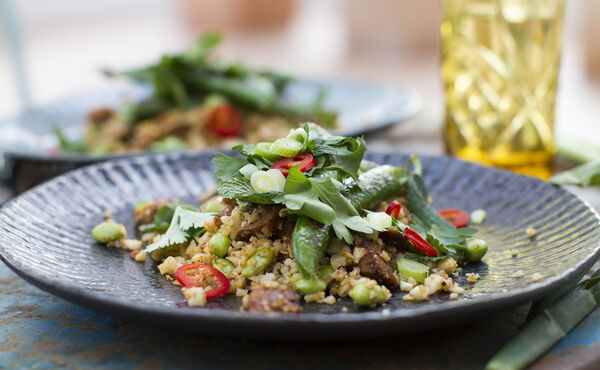There’s always been lots of noise around vitamin D but it’s being talked about now more than ever, most likely because of its links to improving immunity and warding off feelings of depression and anxiety. Often referred to as the sunshine vitamin (not just because of the boost it gives our mental and physical wellbeing), we naturally create vitamin D when our body is exposed to sunlight. It explains why on holidays in sunnier climes, we generally feel more upbeat and raring to go.
The rub is, that while sunlight is an infinite source of the good stuff, we don’t always get enough of it and in winter, the majority of people are falling short on their RDA of vitamin D. And while it’s tricky to pinpoint one simple sign that you might be deficient, constant coughs and colds, fatigue, low mood, muscle weakness and inflammatory conditions such as eczema could all be red flags that you’re not as topped up as you should be.
“The only way to really know your vitamin D status is via a blood test but you don’t have to visit your GP for it as many companies now offer home finger-prick blood tests at an affordable price,” says Aliza Magory, nutritionist and founder of clinical supplement brand, Inessa. In winter especially, medical practitioners recommend supplementation but what you eat can help supply you with a steady stream of vitamin D too, you just need to know where to find it.
WHAT’S ON THE MENU?
Before you tuck in, it’s important to note that vitamin D comes in two forms - vitamin D2 which is found in most plant-based forms and D3 which tends to come from animal derived products. The latter is the more bioavailable and also the strain produced by the sun however you can still find vegan and vegetarian versions of D3 but they do tend to be in supplement form. “It can be sourced from lichen, which is a cross between an algae and a fungus,” explains Aliza.
Mushrooms
Talking of fungi, mushrooms are one of the richest sources of vitamin D available to us and recent research has found that 36% of people have been buying more mushrooms to increase their vitamin D intake. According to studies, when exposed to sunlight mushrooms can provide as much vitamin D as a supplement as they transform the UV light from the sun into the vitamin and continue to do so, even after they’ve been harvested. In fact, just eating eight vitamin D enriched mushrooms a day would give you your RDA. “A great tip I always pass on is that if you leave mushrooms on your windowsill for a couple of hours in direct sunlight, they will soak up extra vitamin D and become an even richer source,” admits Aly Findlay, nutritionist at Allplants.
Eggs
“The yolks contain a small amount of vitamin D, though the longer they are cooked, the less vitamin D they contain so soft yolk or lightly scrambled is best,” advised Aliza. Plus, because vitamin D is fat soluble it’s absorbed best with a source of fat so add a helping of avocado on the side for good measure. As if you needed another excuse to embrace brunch.
Oily fish
Considered a premium source, salmon, herring, sardines, trout and tuna are the big hitters here and all contain around 10-12 micrograms of vitamin D which is the daily recommended amount says Aly. She also recommends looking for the MSC blue tick on the packaging to ensure your fish isn’t just healthy but sustainably sourced too.
Butter
Excuse yourself next time you spread your butter so thick on your toast you see teeth marks, because as well as containing vitamins A, E, B12 and K2, it also has the added benefit of vitamin D.
Liver
Organ meats are packed with fat-soluble vitamins, one of which is you’ve guessed it, the D variety. Liver is especially beneficial says Aly so next time you’re at the meat counter don’t just plump for the most popular cuts.
Fortified foods
Milk, alternative milks, bread, cereal, and some soy products such as tofu are fortified with vitamin D and it should be stated clearly on the packaging. The only grey area is when something is organic as certain laws sometimes don’t allow added vitamins and minerals to be classed as organic so they tend to be left out of these products in order to comply.
Orange juice
OK so it’s not officially a ‘food’ but tag on a glass of OJ alongside your Eggs Royale and you’re getting another hit of vitamin D. That’s because most orange juice has been fortified with the vit so you might have been upping your intake all these years without even realising it.
IS IT REALLY THAT IMPORTANT?
In a word, yes. Firstly, vitamin D regulates the phosphate and calcium levels in the body which is essential for strong, healthy bones, teeth and muscles. It also helps ward off viruses and infections. “It assists in creating antimicrobial peptides - amino acids that fight against bacteria in the body,” explains Aly. “It is also necessary for the production of serotonin and dopamine - the ‘happy’ hormones that impact our mood levels. Some mental health issues can also be linked to inflammation in the brain and vitamin D can help reduce this inflammation and help with brain repair.”
HOW LONG WILL IT TAKE TO BUILD UP RESERVES?
“It takes two to three months for blood levels of vitamin D to fully stabilise after boosting your intake so the sooner you start, the better,” says Aliza. This is also the case if you’re looking to start a family. “In pregnancy the vitamin helps build the baby’s musculoskeletal system and there is some indication it reduces the risk of miscarriage. Studies also suggest that having adequate levels may improve outcomes in those undergoing IVF though more research is needed here,” she continues.
As for overdoing it, unlike other vitamins, excess or unused reserves remain in the body rather than being secreted so it can be used again when needed. “With this in mind, avoid prolonged over supplementing as it can lead to a build-up of calcium in the body and could result in health implications such as vomiting and nausea,” says Aly.
ONE LAST THING
Vitamin D isn’t actually a vitamin, it’s a hormone as it has to go through a process of activation by the body like no other vitamin. Mind blown!


